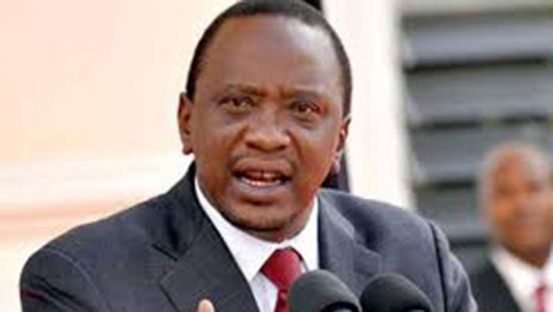×
The Standard e-Paper
Home To Bold Columnists

It is a sunny Monday afternoon, the November 27, 2017, and President Uhuru Kenyatta has just been sworn in for his second and final term in office.
A week earlier, on November 20, by a unanimous decision, the Supreme Court of Kenya, dismissed a petition challenging President Kenyatta’s victory as declared on October 30 by IEBC Chairman Wafula Chebukati.